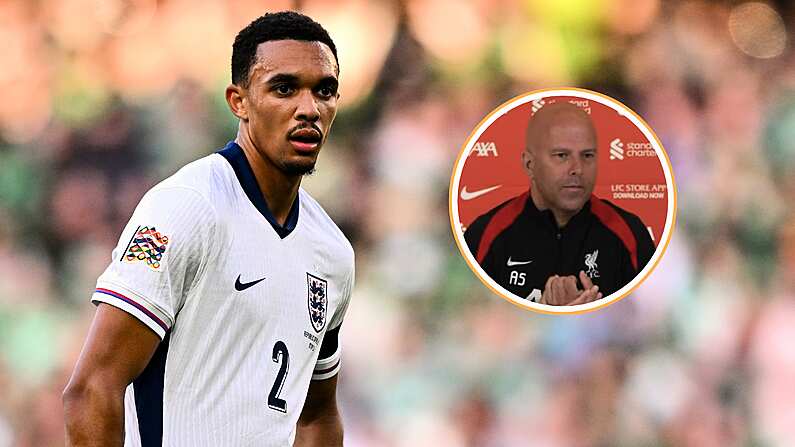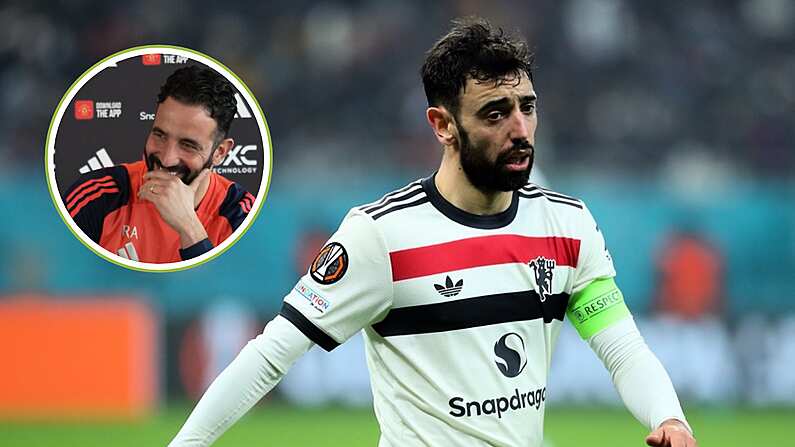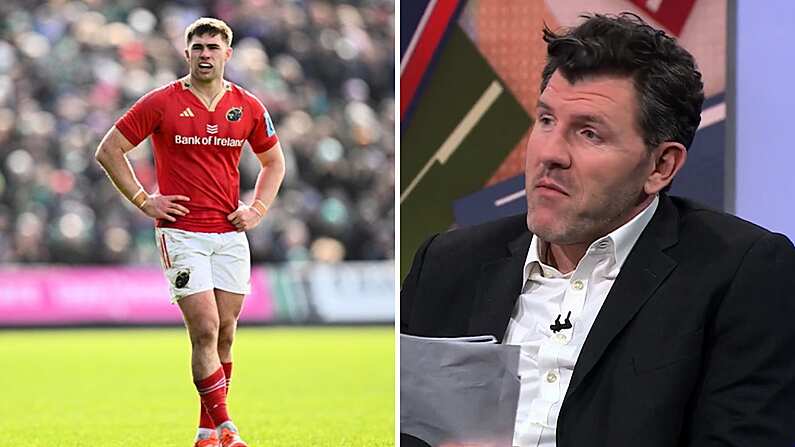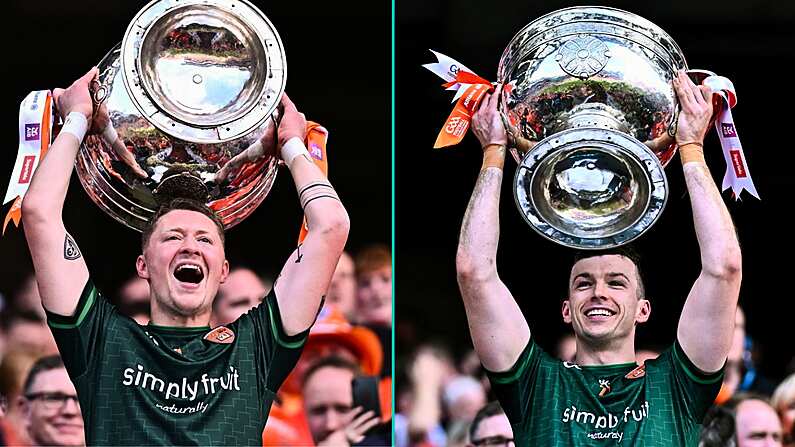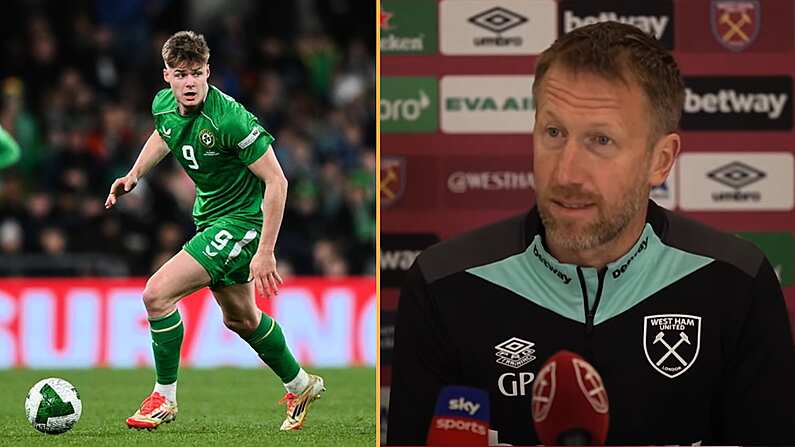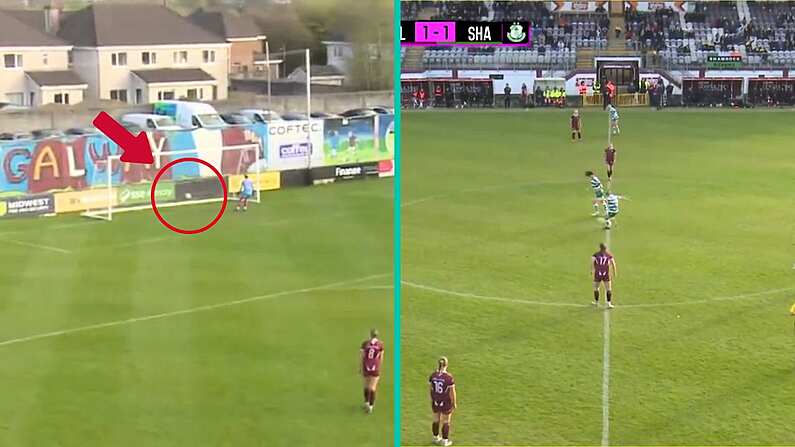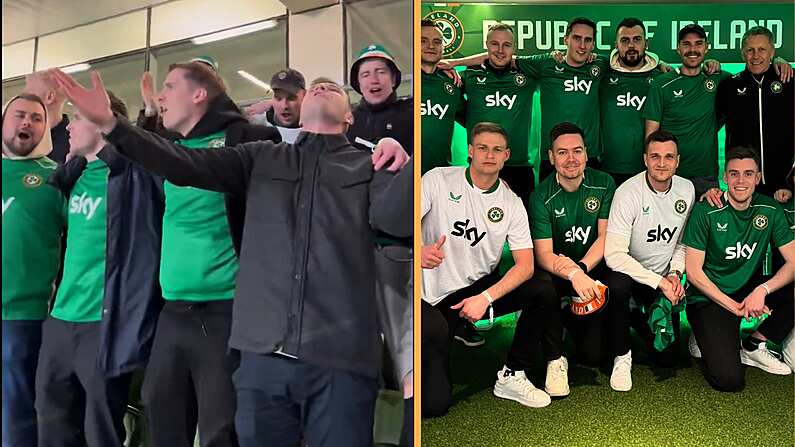The Italian was installed in the job on the 19th of December 2009 after the sacking of Mark Hughes, who left the post after winning at home to Sunderland. The manner of the sacking engendered a great deal of sympathy at the time for Hughes and Shay Given led a players' protest over the decision to the board. It also seemed that Mancini was somewhat fortunate to get the job as other potential candidates like Mourinho, Wenger or Hiddink were under contract at the time, despite his success at Fiorentina, Lazio and Inter. Mancini didn't get off to the best of starts either. Hughes was sacked after two defeats in seventeen - of the remianing twenty one games in the 2009-10 season, Mancini oversaw six defeats as well as losses in the League and FA Cups. The lowpoint came though in missing out on Champions League football with a lifeless defeat in the penultimate game of the league season at home to Spurs. Peter Crouch's goal eight minutes from time ensured that Mancini had missed out on all of the goals he had been set for his first season by his new employers.
Manchester City dealt with this defeat in the only way they knew how - by spending gargantuan sums of money. Despite their wealth though, Manchester CIty had struggled to attract players of the calibre required for a league title push. Large sums had been spent on the likes of Roque Santa Cruz, Kolo Toure and Robinho who had all failed to make any significant impact at Eastlands. The summer of 2010 was Mancini's first great achievement as City manager, when he successfully brought in David Silva, Yaya Toure, Edin Džeko, Mario Balotelli and James Milner; players who would all prove essential for Manchester City's impending successes. Toure added mettle to the midfield, Silva provided a creative flair that was hitherto notable only by its absence and Balotelli and Džeko, if somewhat inconsistent, were both capable of winning games with vital goals. On the first day of the 2010-11 season, Manchester City met Tottenham again. Just five of the players who had started the previous season's game were included in the line-up this time around.
While City did fail to keep pace in the league, Mancini was able to make his breakthrough in the cups, securing his future. In his first season United has disposed of Mancini's side in the League Cup semi-finals, but Yaya Toure's winning goal in a semi-final with their crosstown rivals, secured City's first FA Cup final in thirty years. Toure robbed Carrick of possession, brushed off Vidic and finished cleanly beyond Van der Sar in a display of what City had lacked a season previously. For the first time in the Mansour era, City finally proved their ability to match their more decorated neighbours. They went on to lift the cup after a similar dominant midfield performance from Yaya Toure in the final.
[youtube
]While Mancini finally proved his worth in the cups in the 2010-11 season he also demostrated his shortcomings in Europe, in what would be a sign of more serious failings to come. Significant doubts already hung over Mancini's European record from his time at Inter, when he famously resigned during a press conference following a comprehensive defeat to Liverpool and nothing about City's performance in the Europa League alleviated those doubts. They struggled through a pedestrain group, going down 3-1 to Lech Pozna? in Poland. After struggling to defeat Greek side Aris they were eliminated with a whimper by an unremarkable Dynamo Kyiv side who were dumped out in the next round by Braga and failed to challenge Shakhtar Donetsk for the Ukrainian title. All was forgotten though as the focus switched to the Champions League for the season ahead.
On December 18th 2011, nearly two years to the day since Mancini had been appointed manager, Manchester City beat Arsenal 1-0 to return to the Premier League summit. They had proved themselves as credible title challengers, with just one defeat to Chelsea and David Silva had more than compensated for the loss of the AWOL Carlos Tevez. The 6-1 victory over United was the thing of sky blue dreams and Mancini was able to talk of a constant upward momentum that was hard to quarrel with...
...until Manchester City managed to spectacularly blow their chances. The return fixture against Arsenal was a late 1-0 defeat for the citizens, stretching out a run of three games without a win in the league and leaving them eight points behind United with just six games left. Balotelli was sent off, Silva's form had completely deserted him and the post-mortems on both Manchester City's and Roberto Mancini's reign had begun. Yards of columns compared his inability to manage squad personalities with Ferguson's quiet march towards the title and it seemed nearly certain that Mancini was about to be shown the door...
...until the impossible happened. The story of that game against QPR is so well documented as to make its rehashing here unnecessary. It was to be the highpoint of Mancini's reign though, transforming his image. Mancini's inability to either stick or twist in the Tevez ordeal by exiling him and then inviting him back was suddenly seen as a masterstroke of pragmatism. His declaration after the Arsenal game that the title was effectively lost was suddenly proof of Mancini's outfoxing of Ferguson in the mindgames stakes. As with all things mindgames however, there was fairly little substance to it - Manchester CIty simply had the best squad in the league.
If progress proved beyond Mancini, it appeared that stagnation did as well. Manchester City's 3-2 home defeat showed up some very uncomfortable shifts in momentum. Robin van Persie had favoured United over City and just as it seemed City had an edge in the derby games, they were defeated, with Samir Nasri ducking behind his own wall in a feeble show of resistance. Even the cup was beyond Mancini this time, with defeat in the final meaning Manchester City could become the first team to lose an FA Cup final to a team that was also relegated from the top flight in the same season.
Picture credit: Paul Mohan, Brendan Moran / SPORTSFILE, Guardian.co.uk, bbc.co.uk


